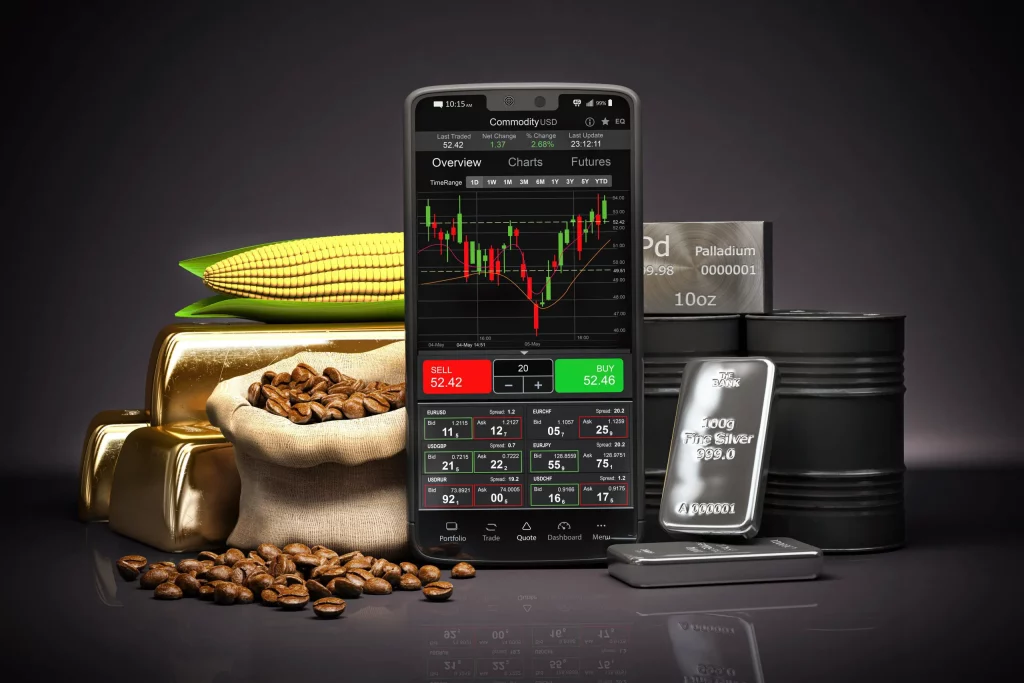Commodities
Commodities form an important part of all our lives. Without commodities we wouldn’t have the bacon, cereal, and orange juice for our breakfast. We wouldn’t have coffee to get us going in the morning, or cocoa for our sweet chocolate treats. Because commodities are the basic goods used throughout our lives, we would be lost without them. The traditional commodities include grains like wheat and corn, and then there are more exotic commodities, like cocoa and coffee.
For traders, CFDs on commodities can be an excellent way to diversify trading away from forex or equities.
The agricultural commodities all tend to have periods of great volatility that can present excellent opportunities. They also have very little correlation with equities and currencies, so can be a good alternative to equity and forex markets.
Before the advent of online brokers like ZF Markets, CFDs on commodity trading was out of reach for the average investor. Those who wanted to trade these soft commodities had to invest not only significant amounts of money, but also large chunks of time to gain the necessary expertise required to follow these markets successfully. That meant CFDs on commodity trading was primarily limited to the professional traders in each individual market.
Today, thanks to the internet and the easy spread of information, anyone can participate in trading CFDs on commodities. All it takes is an internet connection, a small amount of money to get started, and an account with an online broker – like ZF Markets.
Popular CFDs on Commodities Contracts
The most popular CFDs on commodity contracts for traders are as follows:
- Sugar
- Cotton
- Milk
- Orange Juice
- Cocoa
- Coffee
- Corn
- Rice
- Soybeans
- Wheat


As you can see, there are plenty of markets to be traded within the realm of commodities. Each has its own tendencies and characteristics, which means there’s always going to be an opportunity somewhere. Maybe there’s an early frost in Florida? That would usually result in higher orange juice prices, due to damage to the orange crops. Grains can be particularly volatile during the spring planting season and the summer growing season. This is especially true when weather patterns differ from the norm.
In most cases weather will play a heavy part in the movements of commodities prices, so you should probably become very familiar with global weather patterns if you’re planning on trading CFDs on commodities
Another way to look at the agricultural commodities is to look at any situations where you get increased demand combined with a limited supply, for any reason. It can be weather related, some disease in the crop or livestock, or even something that makes it more difficult to harvest or ship the commodity. All these situations can provide traders with opportunities in the agricultural commodities.
Don’t wait — reach out to us and discover more.
